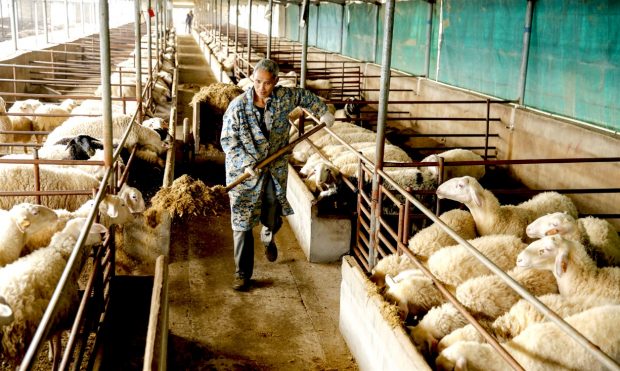
China takes measures to stabilize employment

China is still facing large employment pressure as over 15 million new members of the labor force are flocking in urban areas this year. In front of the double threats of the complex international situation and the downward pressure on the domestic economy, how to better guarantee and facilitate employment remains a major challenge for the country. China created 13.61 million new jobs in urban areas last year, completing 123.7 percent of its annual target and creating a record high. The figure has stayed above 13 million for six consecutive years.
“This year, the total employment of China remains high, resulting in prominent structural contradiction,” said Zhang Shuibo, head of the college of management and economics, Tianjin University. A record high of 8.34 million college students are estimated to graduate this year, and employees from enterprises that are shut down or merged in the supply-side structural reform also need to be transferred and reemployed, Zhang introduced. According to the National Bureau of Statistics (NBS), every percentage point of the country’s GDP growth was translated into 1.96 million new jobs in 2017, 340 thousand more than those in 2012. It indicated the huge potential for China to raise employment.
National legislators and political advisors proposed that the channel for employment should be widened. In order to revitalize the creativity of enterprises, the country should provide them with financial support and incentives, and launch incubators and platforms for mass entrepreneurship for a better business environment. The deputies also suggested that the country carry out training programs to enhance skills of the laborers for a better balance between the supply and demand ends on the employment market.
As China’s manufacturing industry is developing toward a medium and high level, enterprises see strong demand for senior technicians and skilled workers. But the ratio of such laborers in the general labor force is relatively low. China should strengthen skills training, especially for laid-off workers and migrant workers, so that they can rely on their skills rather than physical strength when seeking jobs, said Xia Zhaoji, secretary general of the Party branch of the mechanical assembly and maintenance department, Linyi Technician Institute in China’s Shandong province. For aged and disabled laborers and those from households receiving subsistence allowances, Zhang suggested that relevant authorities provide employment assistance, increase public service jobs such as sanitation worker, volunteer, and community-based courier, give priority to people having difficulty securing a job, and guarantee their minimum living standard.
By Liu Ge
(People’s Daily)


